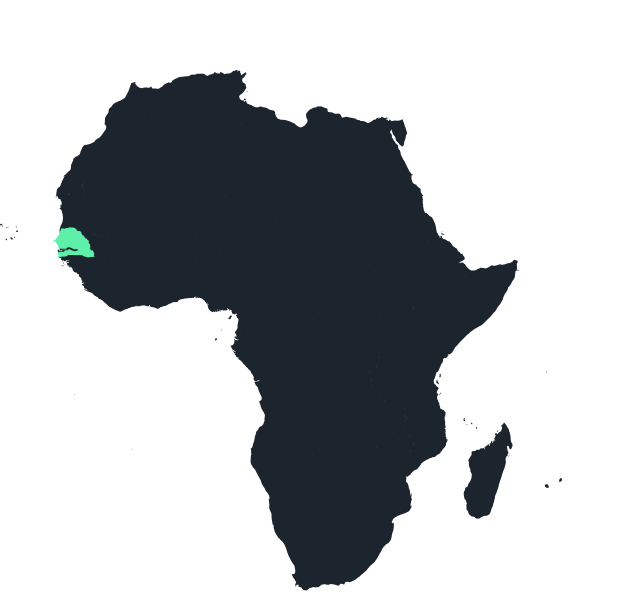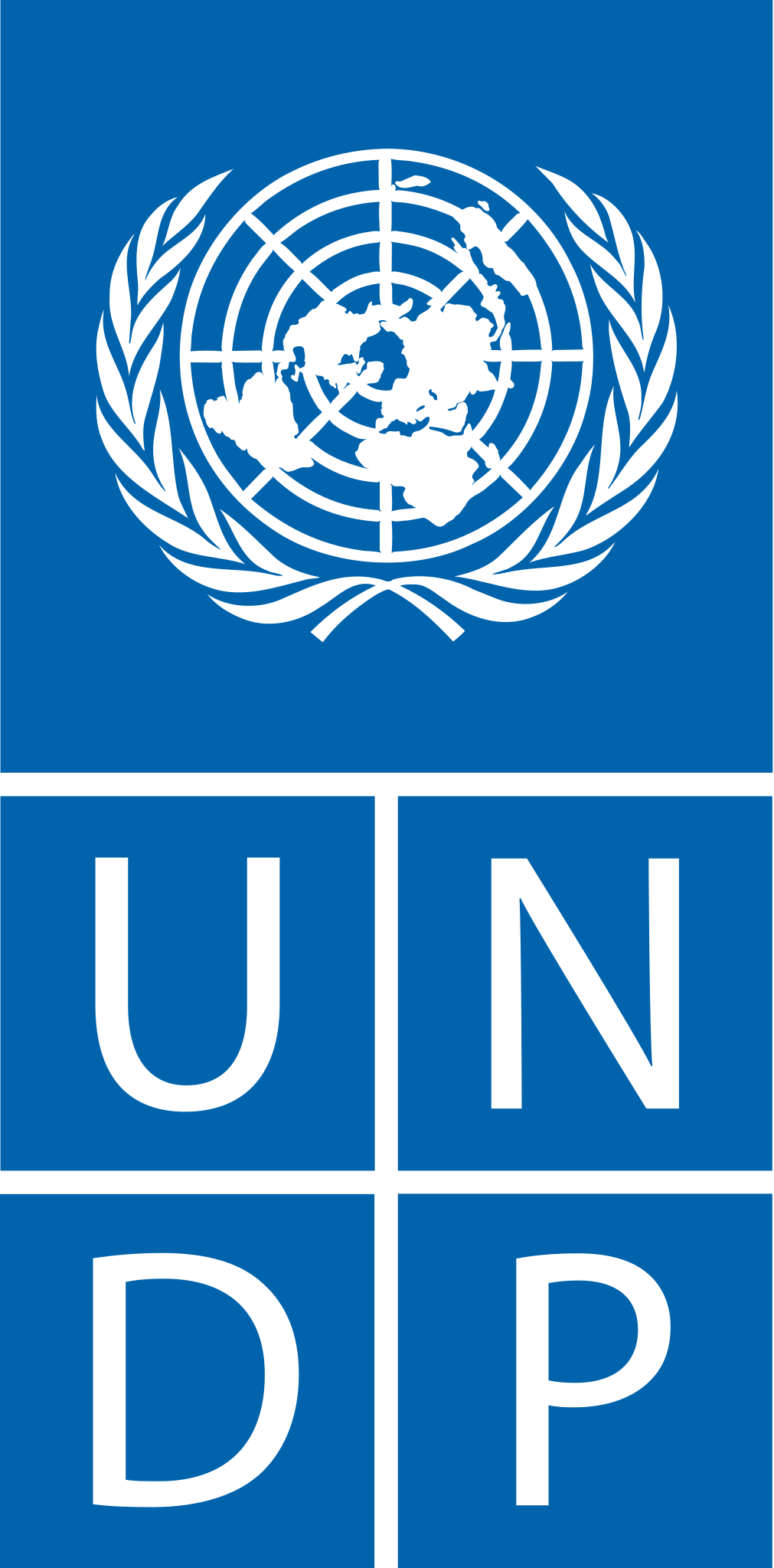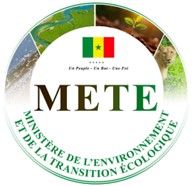Senegal - Plastic Reboot
Senegal
GEF ID:11195
Project Overview
To protect human health and the environment, this project aims to reduce the use and disposal of single-use plastics packaging from the Food and Beverage (F&B) sectors in Senegal. This will be achieved by strengthening the reuse and substitution or redesign of plastics packaging, improving the circularity of these products, and implementing effective legal and regulatory tools as well as innovative technical and financial solutions in Senegal.
Project Components
Project interventions aim to reduce unintentional persistent organic pollutants (UPOPs) and GHG emissions, with a specific focus on Dakar metropolitan area. This reduction will be achieved mainly by minimizing significant amounts of plastic in the F&B market, in order to reduce release of POPs through open burning of waste by households and in landfills, where poor communities (located in the vicinity) are impacted the most, because they face the highest risk of exposure due to their occupations (informal waste sorting) and living conditions.
To reduce the risk posed by plastic pollution it is also necessary to develop incentives towards safe, efficient, and circular uses of plastic in the economy, acknowledging that some applications and products cannot be circular and may need to be eliminated from the economy unless they are essential. This circular approach is mandatory in order to reduce, substitute, reuse or redesign plastics packaging from the food and beverage sectors and therefore the project will focus primarily on the upstream and midstream interventions to eliminate unnecessary, avoidable, and problematic plastic products and plastics with hazardous additives.
The project will develop a substantial array of community interventions designed to foster awareness-raising campaigns targeting plastic pollution. These campaigns are aimed at a diverse range of stakeholders, including schools, civil associations, workers' unions, governmental bodies, private companies, universities, and other related institutions.
Global Environmental Benefits
The project will avoid 33,000 MT CO2, reduce 9,000 tons per year of toxic waste, reduce 20 gTEQ, and benefit a total of 4,144,056 beneficiaries (2,041,255 female and 2,102,802 male).








